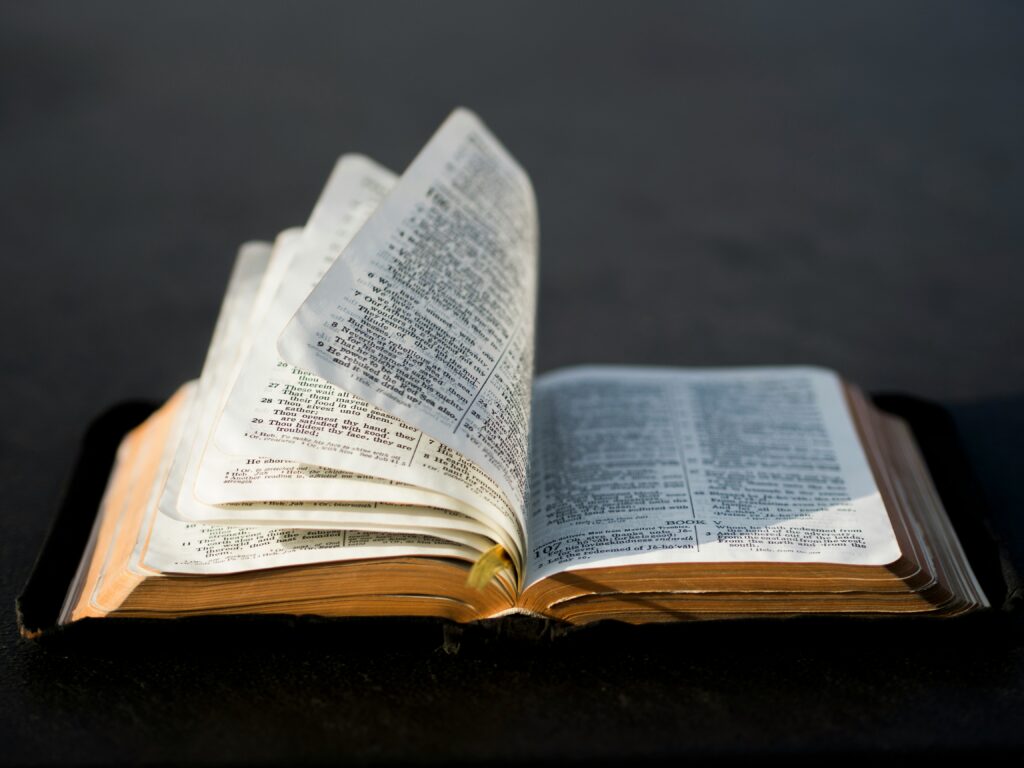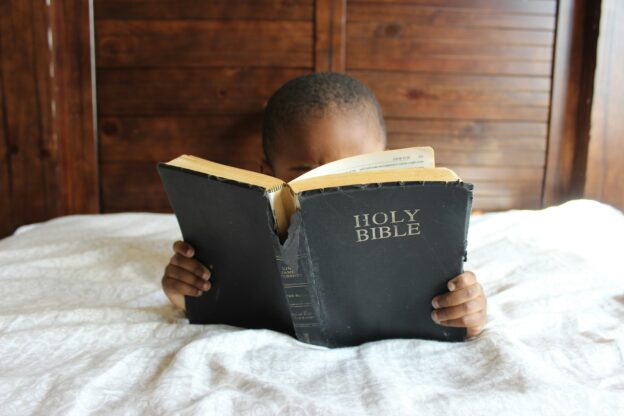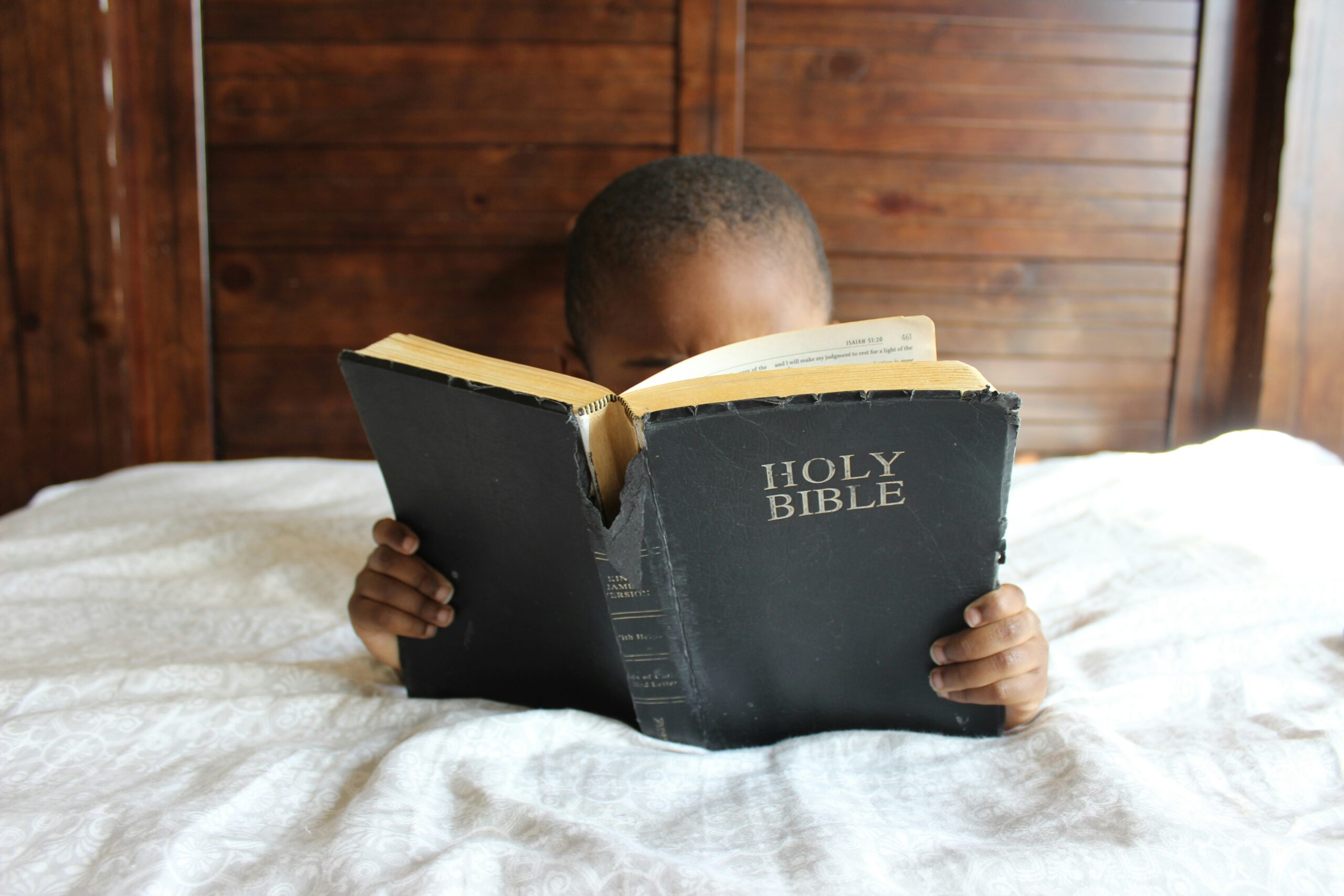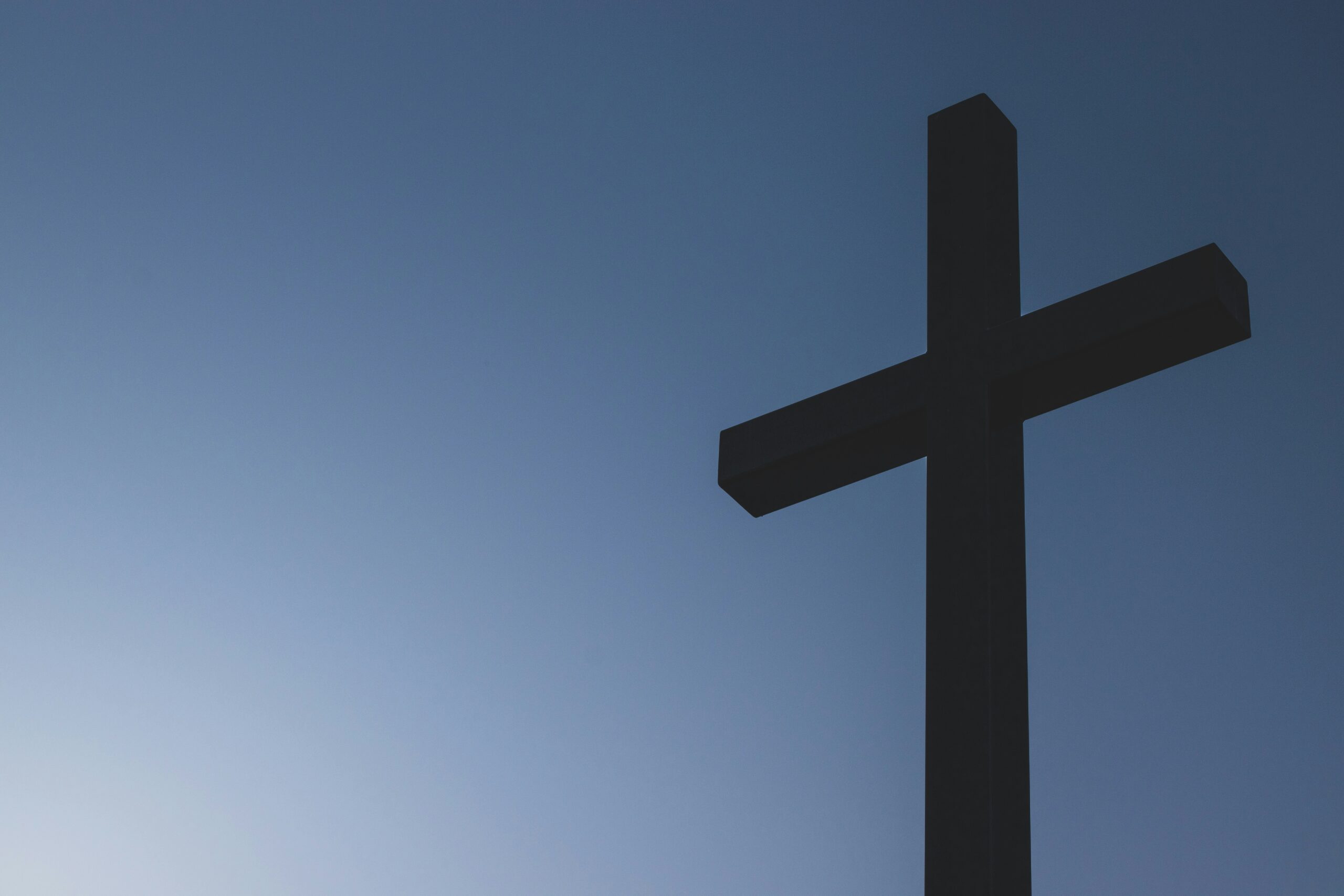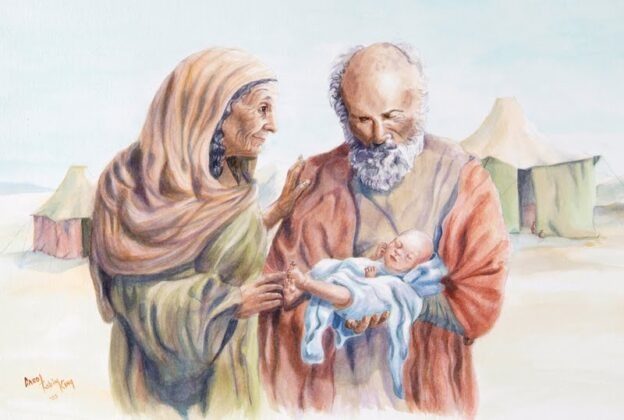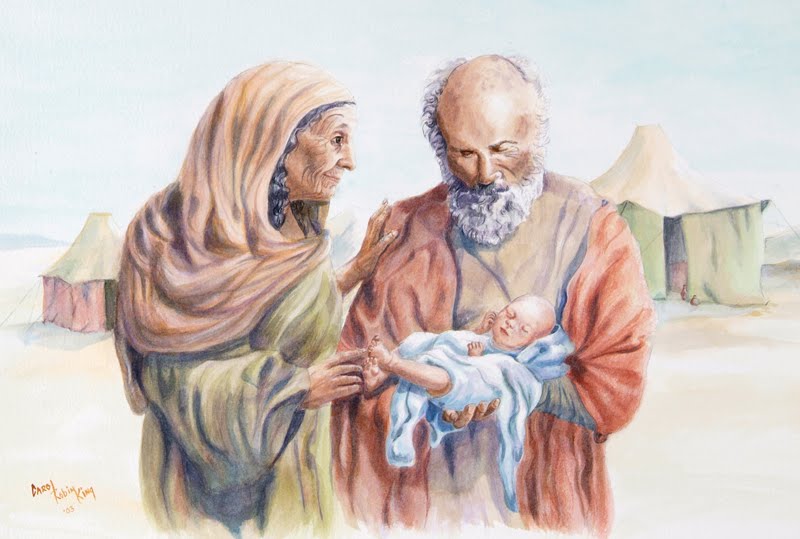Last year, the headlines again pulled our attention to a way too common tragedy. Five policemen were involved in the beating and death of Tyre Nichols and were subsequently fired. Much of the story is told in the cameras of the policemen and the public camera at the scene of the arrest and beating. Even so, the legal battle which grew from this raises the question, who is responsible?
The Question of Responsibility Beyond Racism
It’s difficult for most of us to even imagine something like that happening. When similar things like this have happened, most of it has been stories of whites killing blacks. The too-easy response has been “another expression of racism.” That response is not too easily made in Tyre’s death because the five policemen involved were all black.
Apart from the courts deciding individual responsibility in the case, we need to be giving serious thought to culture and our corporate life. Racism does exist and significantly shapes social decisions and action, but that does not answer the troubling question of responsibility.
Learning from G.K. Chesterton’s Simple but Profound Answer
As the news reported and during the discussion which ensued, I remembered reading a story from a century ago. The London Times posed a question to the public, and anyone could submit a response. The question was, “What is wrong with the world?” You can only imagine the plethora of responses from people giving their answer and pointing to their various qualms with the world, politics, and people groups. But GK Chesterton, the famous English writer, philosopher, and Christian apologist, wrote back, Dear Sirs, I AM. Yours, GKC.
We may not go as far as Chesterton in claiming responsibility for “What’s wrong with the world.” But we can be honest, admit, and take responsibility for “what’s wrong” with the part of the world in which we live.
Christian Freedom: Not a License, but a Call to Love
But more – the freedom provided by Jesus is the freedom to be responsible. The Christian’s freedom is not license. We are not free from the law in order to sin; we are free not to sin.
Paul sounded this note of responsible freedom when he wrote to the Galatians, “You my friends, were called to be freemen; only do not turn your freedom into license for your lower nature; but be servants to one another in love. For the whole law can be summed up in a single commandment: “Love your neighbor as yourself.”(Gal.5:13-14)
In throwing off the bonds of legalism and rigid moralism, we are sometimes tempted to accept our human imperfection as an excuse for irresponsible behavior. “I am only human,” we mutter. It’s one thing to acknowledge that we are weak sinners; it’s quite another to do so with a shrug of the shoulders and a nonchalant attitude that makes us content with lesser values and a below par performance.
Living by the Power of Christ in Daily Decisions
Paul talked about it in these terms, “... it is no longer I who live but Christ who lives in me; and the life I now live in the flesh I live by faith in the Son of God, who loved me and gave Himself for me” (Gal. 2:20 RSV). Whatever else this means, it certainly calls me to act in my relationship to others in the way Christ has acted in relation to me. My life of faith is Christ living in me, and my actions should be re-enactments of the life of Christ. Do you see how dynamic this would make our discipleship? The freedom to be responsible.
Our situational decisions are made not according to the whim of the moment, nor by the rule of passion, nor by the pressure of prevailing patterns, nor by whether we get away with it or not, but according to who we are by the power of Christ. The liberty he gives is responsible liberty that draws us out of ourselves with the transforming power to serve others.
Hopefully, the more we receive and share this, the better the news that will be shared in days to come.





